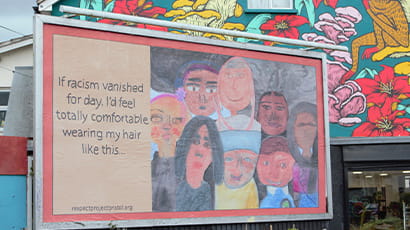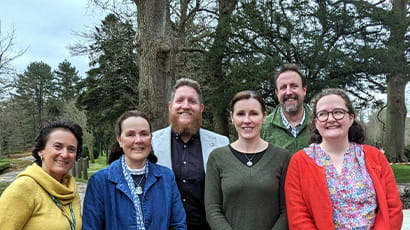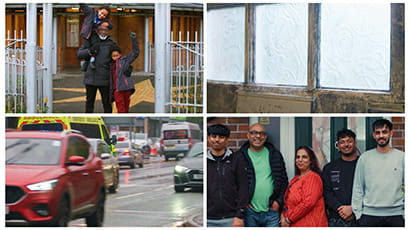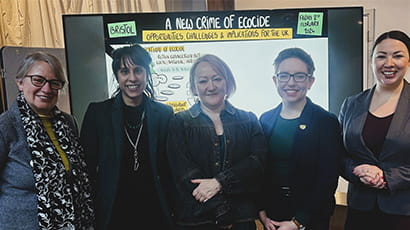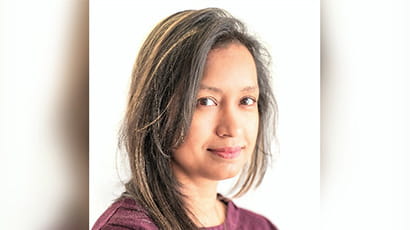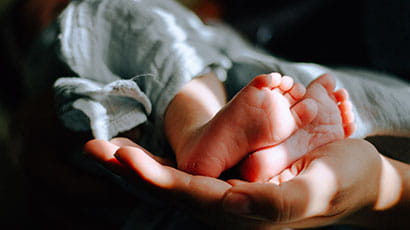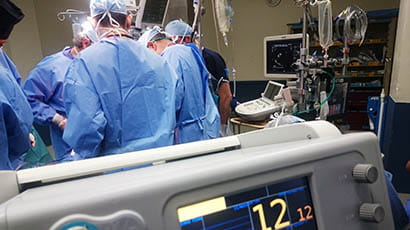The hidden work of new mothers exposed by the COVID-19 pandemic
See all news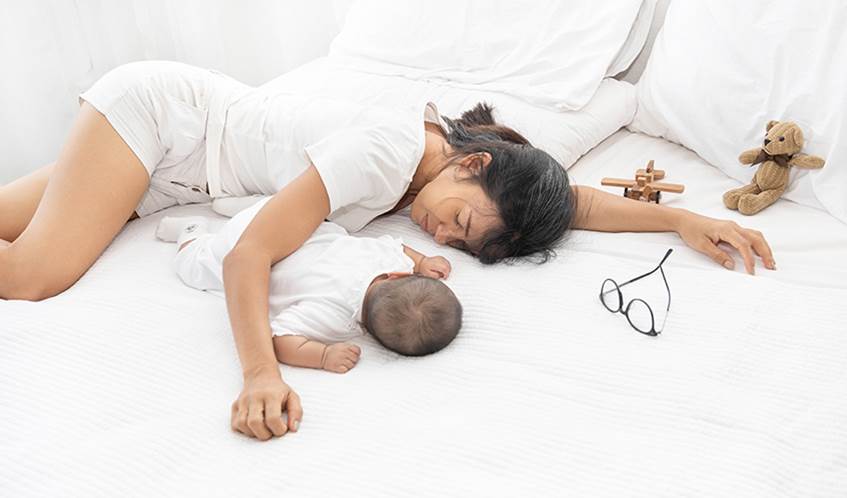
Research undertaken by academics at UWE Bristol has found that the shutdown of support services and support networks during the COVID-19 pandemic exposed the hidden work that mothers have been performing (and continue to perform) during maternity leave and beyond.
The study, by Dr Jenna Pandeli, Dr Chloe Tarrabain and Dr Mahwish Khan at the university’s Leadership and Change Centre, highlighted how the restrictions imposed significantly limited access to ‘the village’ – the vital networks that new mothers rely on, such as healthcare professionals and childcare groups, friends and family.
They uncovered three invisible issues, which were pushed to an unbearable extreme during this time: physical work, emotional strain, and mental load.
The data suggests that in the face of abandonment by policy makers, limitations on social networks, lack of contact with healthcare professionals and closure of childcare facilities, women plugged the gap themselves, internalising responsibility. The result often being an increase in the physical and emotional work that women were expected to perform throughout the pre-natal to post-natal journey.
Overall, these factors led to intense feelings of anxiety, stress, guilt, and shame for some mothers, with no outlet to get help or support. Balancing the risks posed by the pandemic with their physical, emotional, and mental wellbeing became a complex challenge.
The report calls for a range of improvements to maternal support and healthcare. It makes recommendations to charities, organisations and the government to reinstate ‘the village’, including the introduction of free, universal mother and baby groups, and bringing back baby clinics and support on a more informal basis.
“There needs to be a societal shift in the way mothers are viewed and supported,” says Dr Jenna Pandeli, “not just practically – like universal, free mother and baby groups – but in how mothers are seen. These issues didn’t start with the pandemic, the pandemic simply intensified them, allowing us to see more clearly the additional layers of work mothers are doing during their maternity leave. We intend to continue this research and develop it further.”
The research used a unique method of study called ‘autoethnography’ which incorporates the experiences of the researchers themselves. All three of the academics gave birth during 2020 and, alongside 13 other women, their experiences were collected too.
Dr Chloe Tarrabain commented: “During conversations following our maternity leave, we felt like coming back to work was a ‘holiday’... and that was when we realised that exhausting, all-consuming labour had taken place during our maternity leave.
“We wanted to find out what that labour looks like during maternity leave, and how the pandemic exacerbated this work and brought these issues to light.”
Dr Mahwish Khan added: “There’s an urgent need to move beyond the narratives of ‘ideal worker’ and ‘perfect mother’ that mothers must navigate. We hope our research and suggestions can foster a more inclusive and non-judgemental culture in both our workplaces and broader society.”
Helen Robson, founder of The Bloom Project, added: "The team’s research and final report have uncovered vital lessons that need to be considered by policy makers, employers, and the wider networks who support mothers, parents, and carers. I became a mum during the pandemic, and the report gave me, personally, confidence that I was not alone in how my experience of motherhood was impacted upon. The repercussions of what happened are ongoing and there is still work to be done. An important piece of research with clear messages. The physical work, emotional strain, and mental load continues."
The full report can be viewed on the UWE Bristol website.
Related news
You may also be interested in

Media enquiries
Enquiries related to news releases and press and contacts for the media team.
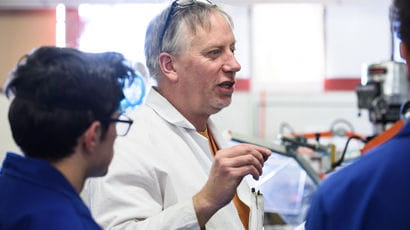
Find an expert
Media contacts are invited to check out the vast range of subjects where UWE Bristol can offer up expert commentary.








